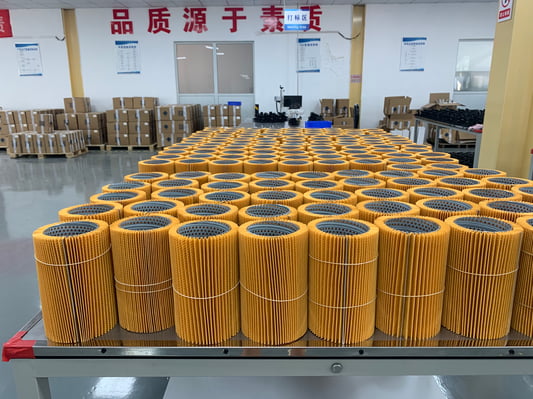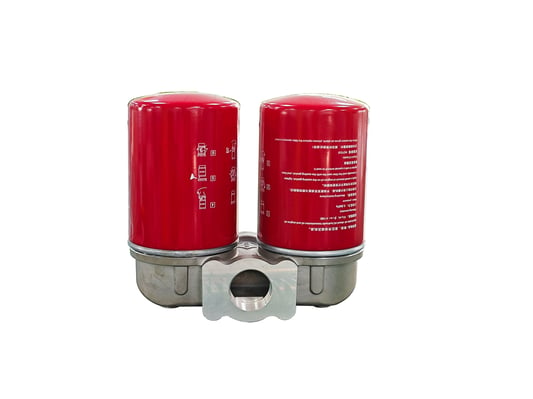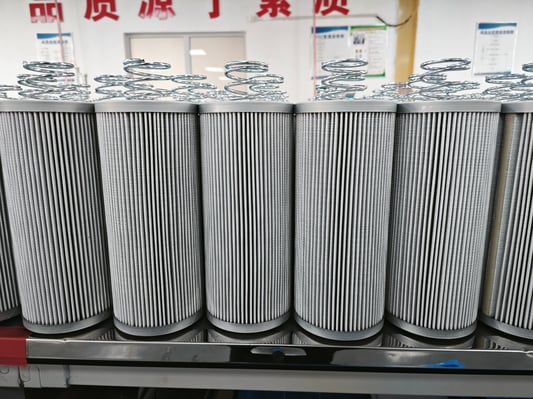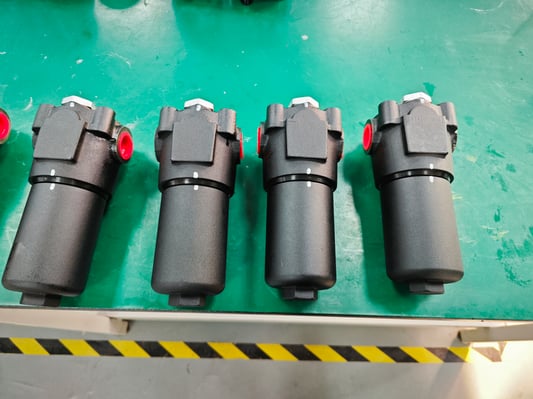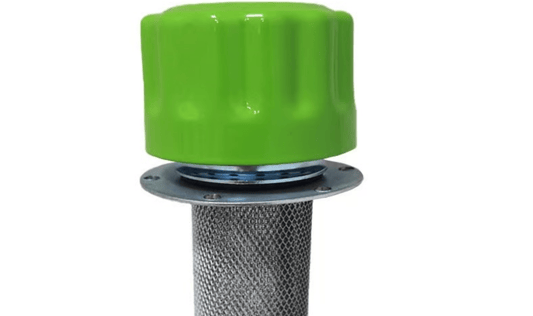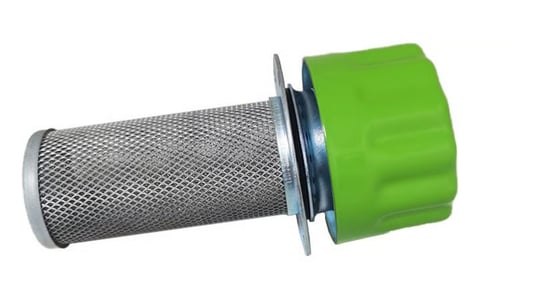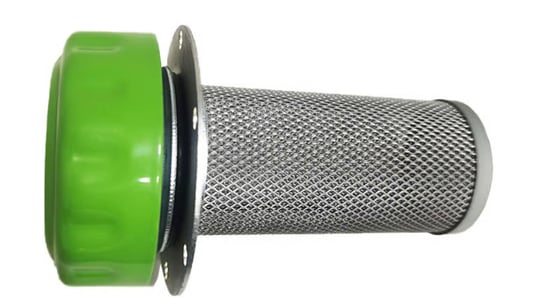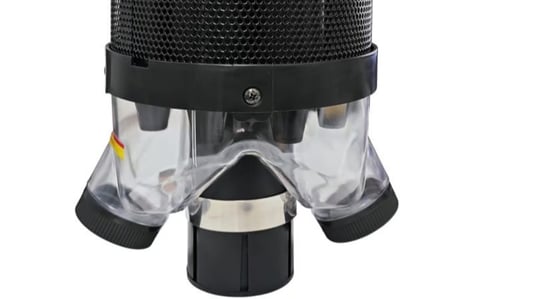Maintaining and keeping hydraulic oil filter elements in good condition is crucial for the efficient operation of hydraulic systems. Here are some key practices for maintenance and upkeep:Regular InspectionVisual Inspection: Regularly inspect the filter element for any signs of damage, wear, or clogging. Look for cracks, tears, or deformations.Pressure Check: Monitor the differential pressure across the filter. A significant increase in pressure can indicate a clogged filter that needs replacement.Oil Condition: Check the condition of the hydraulic oil regularly. Contaminated or degraded oil can reduce the efficiency of the filter and the entire system.Replacement ScheduleManufacturer’s Guidelines: Follow the manufacturer's recommended replacement intervals, which can vary depending on the type of filter and the operating conditions.Proactive Replacement: Consider replacing the filter element before it becomes fully clogged to prevent system downtime and potential damage.Cleaning ProceduresFilter Cleaning: If the filter element is cleanable (some filters are designed to be washable and reusable), follow the manufacturer’s instructions for cleaning. Use appropriate cleaning agents and ensure thorough drying before reinstallation.System Flushing: Periodically flush the hydraulic system to remove contaminants. This helps extend the life of both the filter element and the hydraulic fluid.Proper InstallationCorrect Fitting: Ensure that the filter element fits properly within the housing to avoid bypass or leakage.Tightening: Make sure the filter is securely tightened to prevent vibrations from dislodging it, but avoid over-tightening which can damage the threads.Monitoring PerformanceFlow Rate: Monitor the flow rate through the filter. A reduction in flow rate can indicate a clogged filter.System Efficiency: Keep an eye on the overall performance of the hydraulic system. Unusual noises, reduced responsiveness, or erratic operation can be signs of a failing filter.Environmental ControlsKeep System Clean: Minimize contamination by keeping the hydraulic system and its surroundings clean. Use proper seals and breathers to prevent ingress of dirt and moisture.Temperature Control: Excessive heat can degrade both the filter element and the hydraulic fluid. Ensure that the system operates within the recommended temperature range.Record KeepingMaintenance Log: Maintain a log of all inspections, cleanings, and replacements. This helps in tracking the maintenance history and planning future upkeep.Problem Areas: Note any recurring issues or problem areas to address potential underlying causes.Training and AwarenessProper Handling: Train personnel on the correct handling and installation procedures to prevent damage to the filter elements.Safety Precautions: Educate staff on safety protocols when working with hydraulic systems to prevent accidents and injuries.By adhering to these maintenance and upkeep practices, you can ensure that your hydraulic oil filter elements remain effective and contribute to the longevity and efficiency of your hydraulic systems.Quote Inquiry Contact us!


